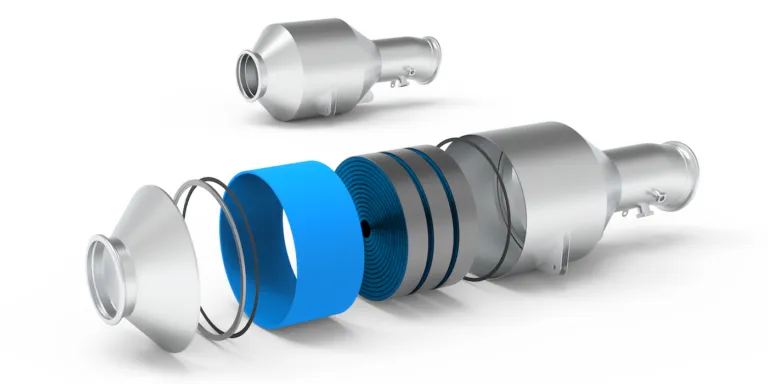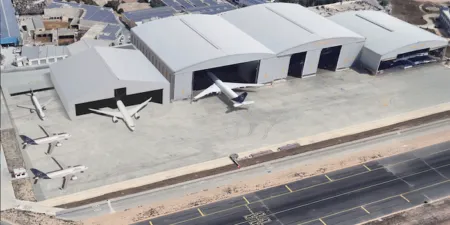Honeywell has developed a catalyst for aircraft cabin air systems that is designed to help reduce delays, cancellations and unscheduled maintenance caused by in-cabin odours from certain volatile organic compounds in bleed air – also known as ‘smell in cabin’ events. According to Honeywell, in clinical tests, this fourth-generation Combined Hydrocarbon Ozone Catalyst (CHOC4) proved capable of removing two-to-three times more VOCs that cause undesired odours compared with some alternative systems. The company also says that the system has been shown to be more effective in the removal of ozone at lower temperatures.
Air supplied to a cabin for air conditioning and pressurisation – also known as bleed air – comes directly from the engines and auxiliary power unit. This air sometimes contains volatile organic compounds (VOCs), fumes or particles from sources such as jet fuel, hydraulic oils or de-icing fluid. When VOCs enter the cabin through the bleed air, they can cause unwanted odours in the cabin, resulting in delays.
“Severe smell-in-cabin incidents can cost airlines up to US$50 million per year in flight disruptions and unscheduled maintenance,” said Tom Hart, vice president and general manager for air & thermal systems at Honeywell Aerospace. “CHOC4 reduces VOCs from the engines and bleed air supply, thereby reducing the severity and frequency of these incidents.”
The CHOC4 catalyst is fitted to an aircraft’s ozone converter to catalyse or absorb compounds that cause undesirable odours. It can be applied during normal maintenance as an upgrade to the existing converter unit at lower cost than a new unit. The catalyst is available now for Airbus A320 aircraft, with plans to expand to additional platforms in early 2021.





